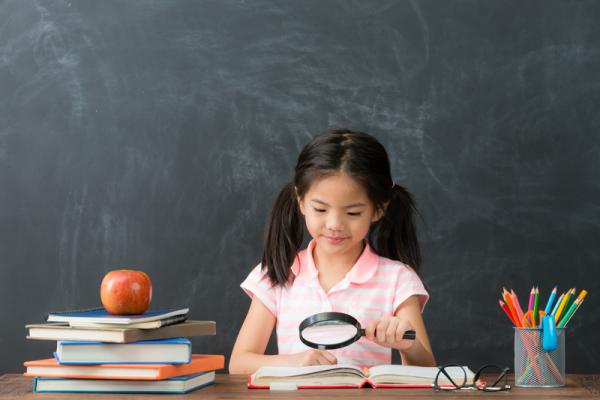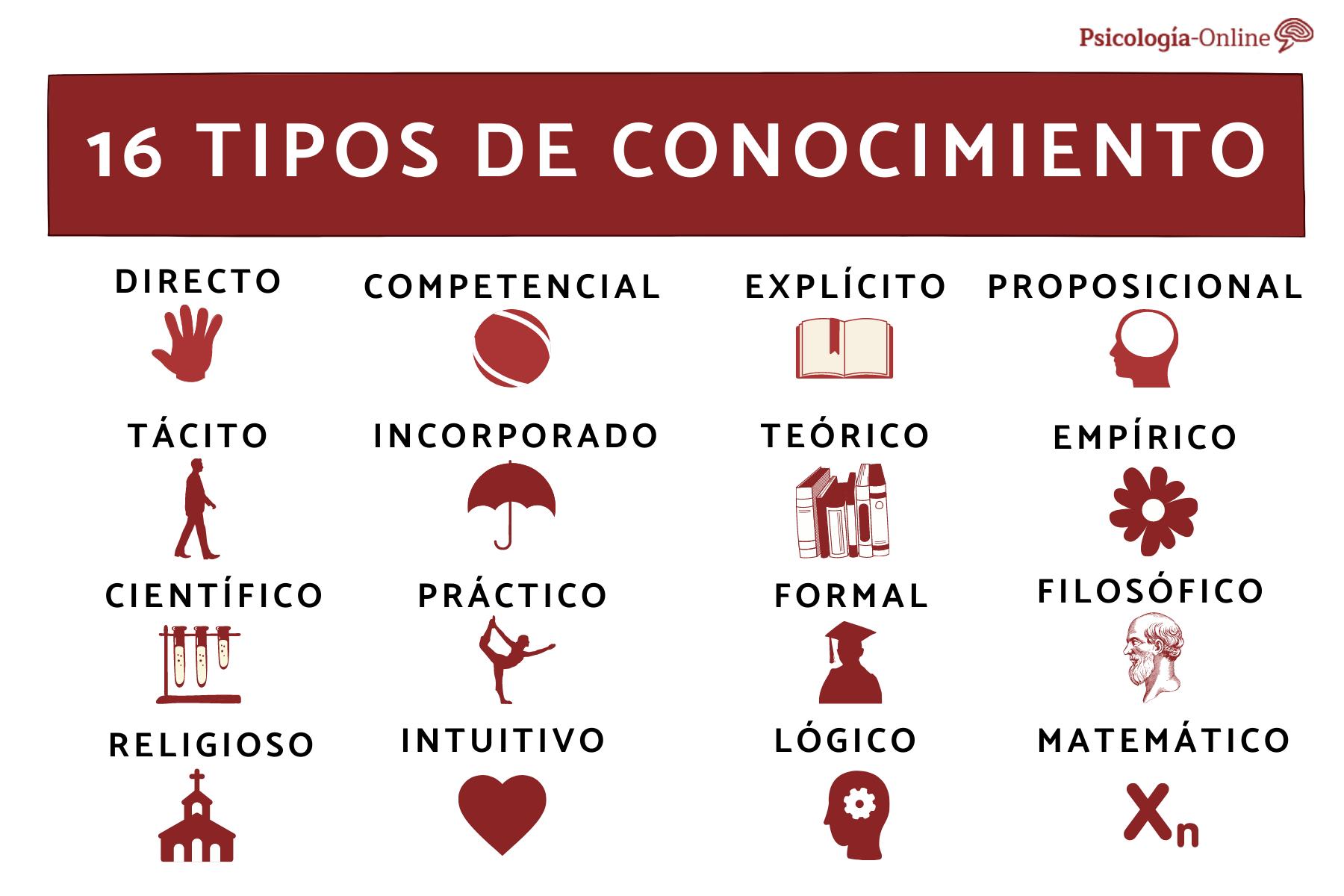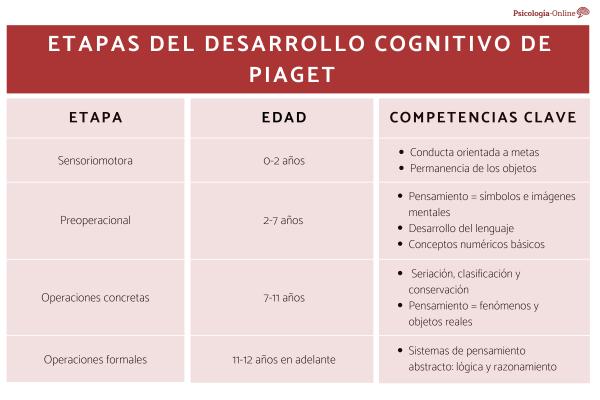Since we are little, we are in a constant search for information that keeps us active. Every day we face new experiences that invite us to reflect, think and create. For this reason, over the years there has been research into the possible methods with which human beings have tried to obtain new knowledge of both their environment and themselves. In this sense, psychology has also theorized regarding these forms and methods of obtaining information and knowledge, making interesting contributions to try to find answers to these questions.
In this PsychologyFor article we explain What is discovery learning and how to apply it
What is discovery learning
Discovery learning is a specific modality of obtaining knowledge in which the person explores aspects of the world. In this way, information is produced that is incorporated into the knowledge schemes prior to this event.
In other words, this type of learning is based mainly on the person discovering situations that will later be used for various purposes. For this reason, this type of learning is not based on studied data, but on each person’s experiences in assimilating the world. Therefore, discovery learning can be different for each person.
Bruner’s principles of discovery learning
One of the main exponents of this theory was Jerome Bruner, a psychologist who placed special emphasis on people’s learning models. Throughout his life, Bruner made important contributions in the field of cognitive psychology to understand the processes of acquiring data from the outside world.
Next, we show you what Bruner’s principles of discovery learning are:
- Active knowledge: the person must have the intention to incorporate data and information through their own participation.
- Creative exploration: knowledge cannot be carried out without resorting to adequate creation and research to achieve it.
- Assimilation of new competition s: acquisition of specific qualities and/or skills.
- Personalization by interests: the person will learn according to the reasons that have caused their desire to understand their environment. That is, learning will be directly connected to the main motivations.
- Experiential learning: experiences play a fundamental role in the assimilation of new concepts. Therefore, experience results in learning that occurs through practice beyond theory.
Advantages of discovery learning
It should be considered that discovery learning has a series of positive effects on the person who uses it. In the following points, we will see in detail the advantages that arise:
- Encourages the development of personal skills and interests: allows you to rely on intuition to develop knowledge. In this way, you avoid going through traditional teaching that involves acquiring information provided by other people and/or institutions.
- Promotes own thinking: If a person learns according to what he discovers, there are more possibilities of developing his own thoughts and ideas about everyday life situations.
- Strengthening self-esteem: The emotional state of a person who learns in his own way may feel better since he is able to acquire knowledge without the need to resort to external sources.
How to apply discovery learning in children
In the educational field, this theoretical method has also been used to understand the mental functioning of people who attend schools. For this reason, it is important to know some exercises and activities that are carried out taking this conceptualization into account.
Next, we show you how discovery learning is applied to boys and girls:
- Implementation of projects: Provide opportunities for children to explore their interests and carry out research activities. In this sense, children use the principles of discovery learning as formalized by Bruner.
- Group workshops: These spaces produce exchanges of knowledge between students so that they develop experiments on specific areas.
- Reflection spaces: On some occasions, betting on moments of developing one’s own thoughts based on children’s experiences is a favorable method for encouraging skills. Beyond school teachings, this can also be an opportunity to create a space in which each person’s creativity develops.
This article is merely informative, at PsychologyFor we do not have the power to make a diagnosis or recommend a treatment. We invite you to go to a psychologist to treat your particular case.
If you want to read more articles similar to What is discovery learning and how to apply it we recommend that you enter our Cognitive Psychology category.
Bibliography
- Eleizalde, M., Parra, N., Palomino, C., Reyna, A., Trujillo, I. (2010). Learning by discovery and its effectiveness in teaching Biotechnology. Research Magazine, 71 (2), 271-290.









